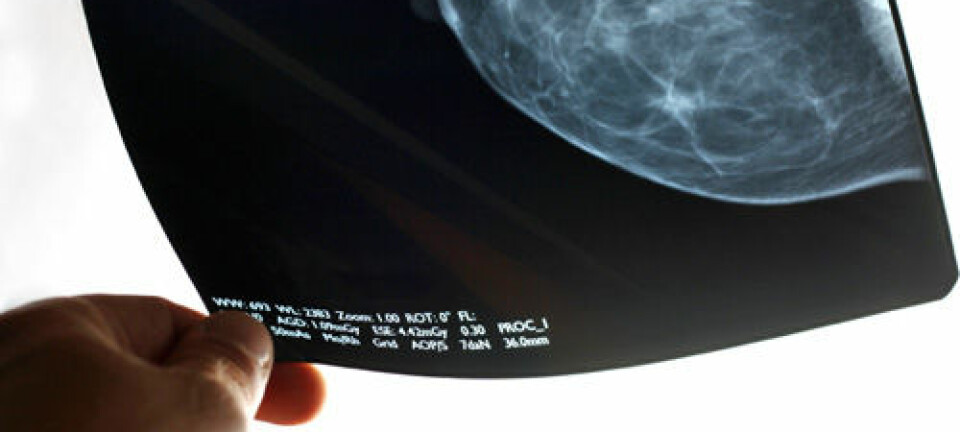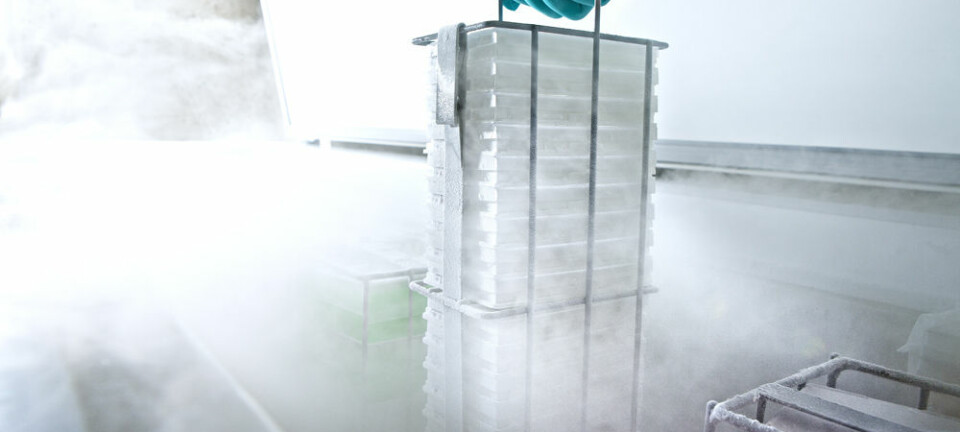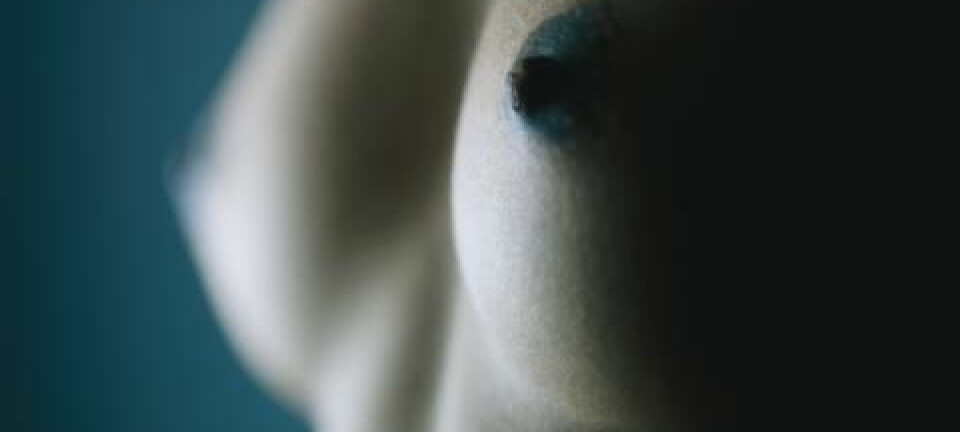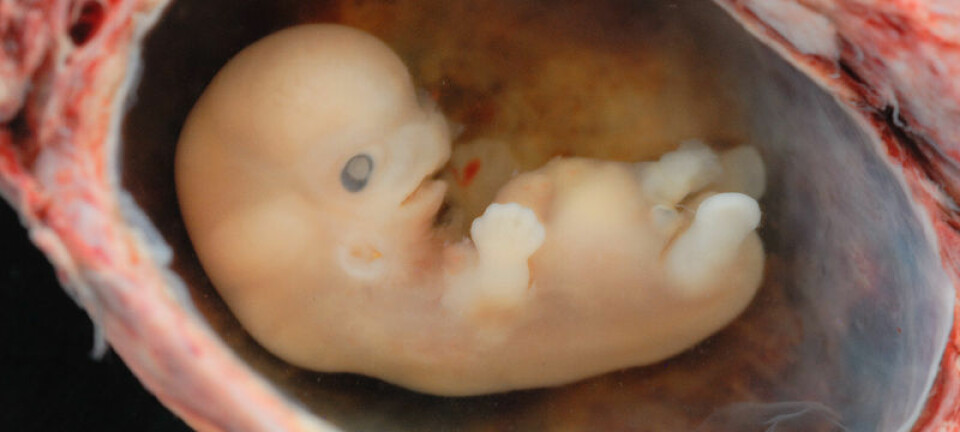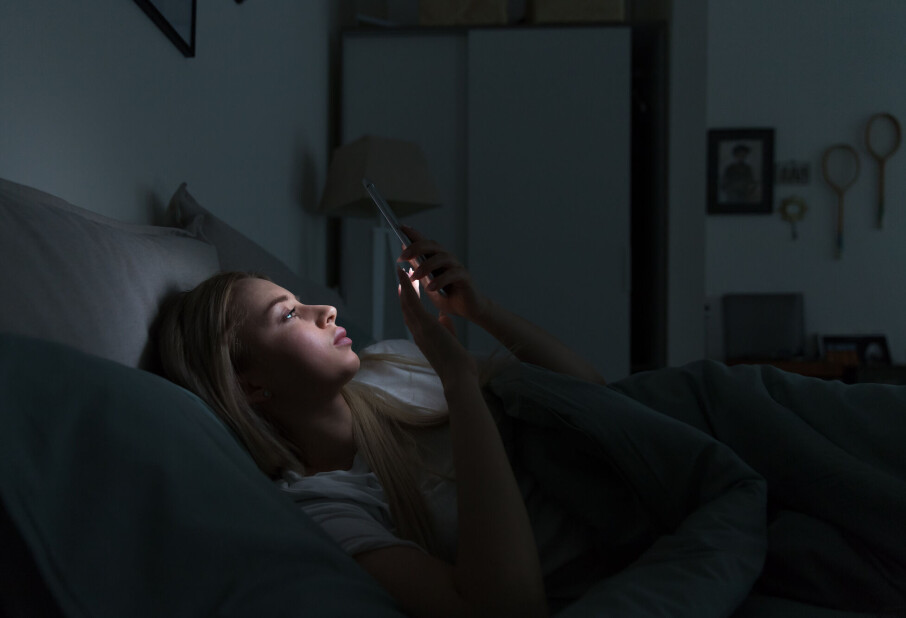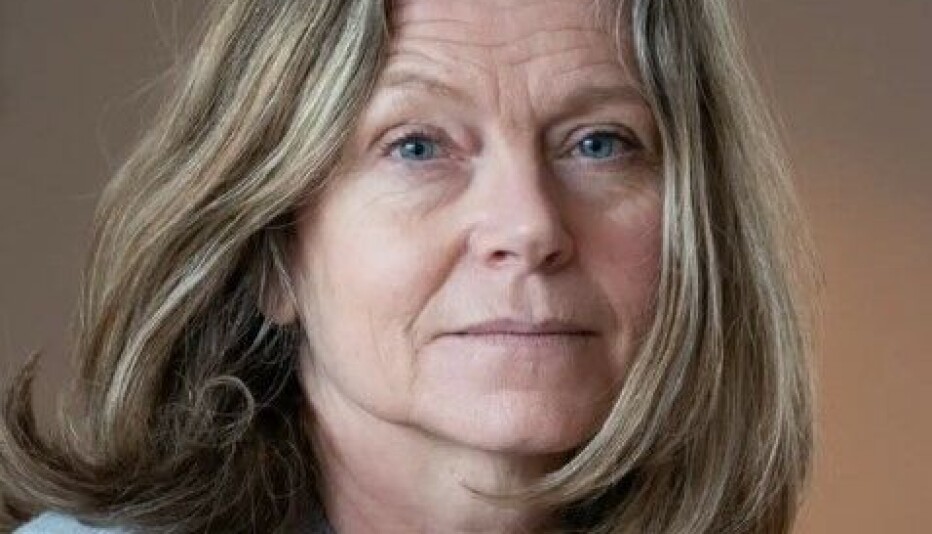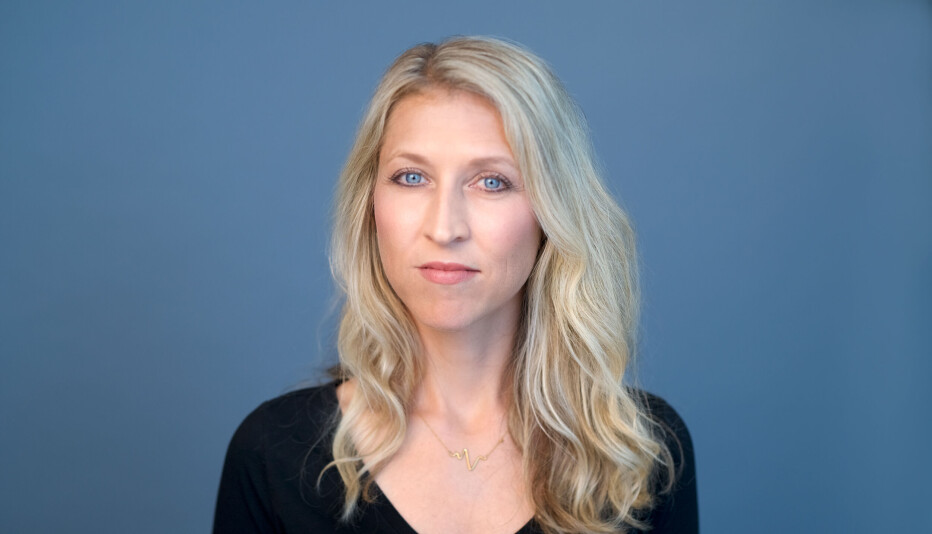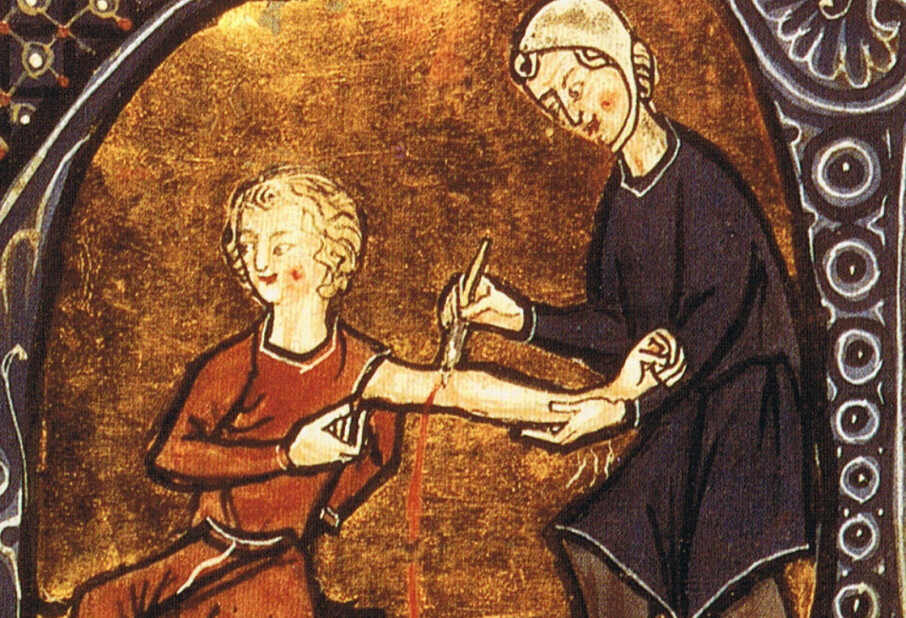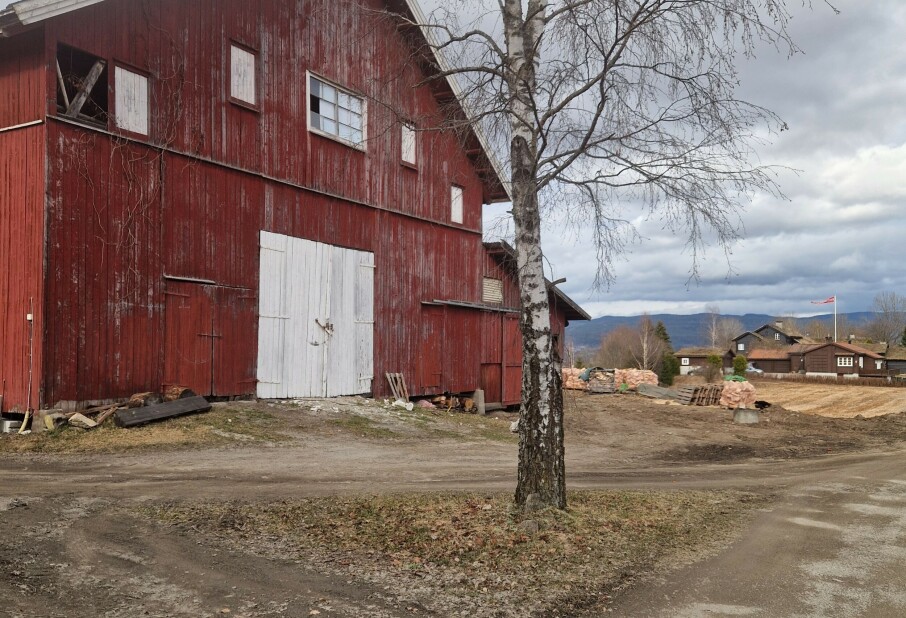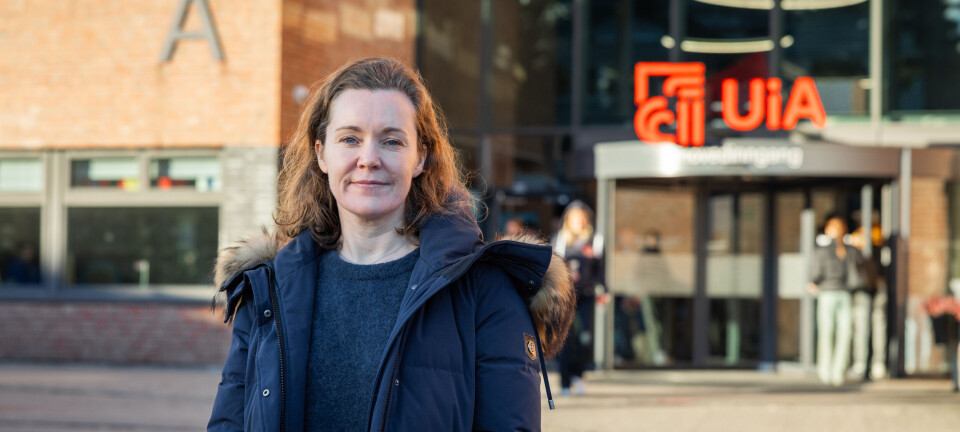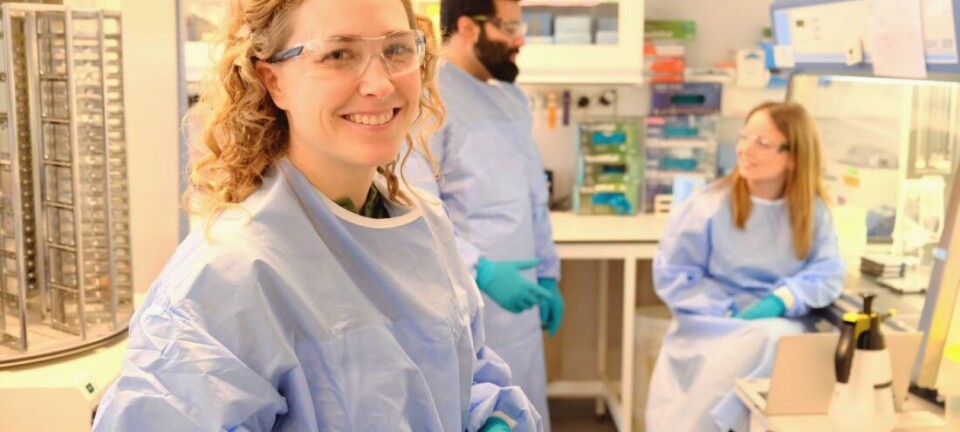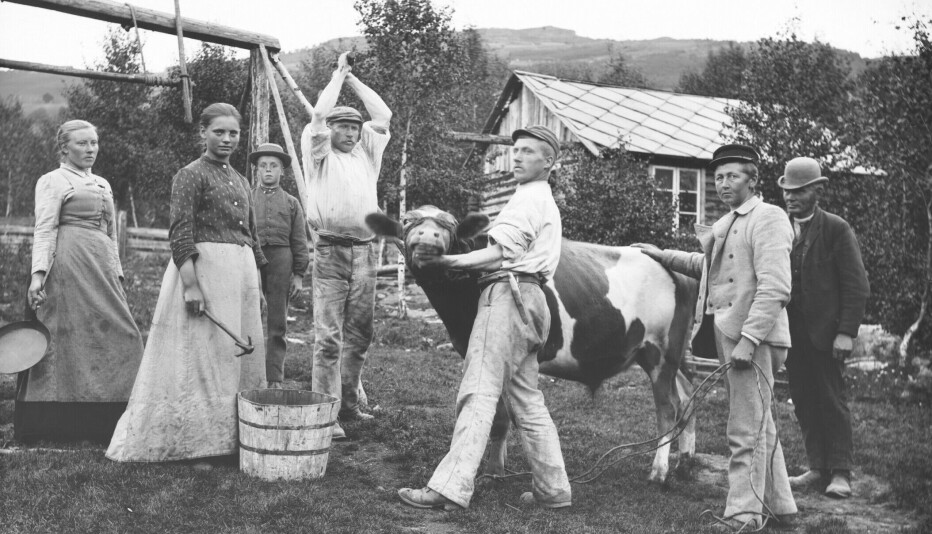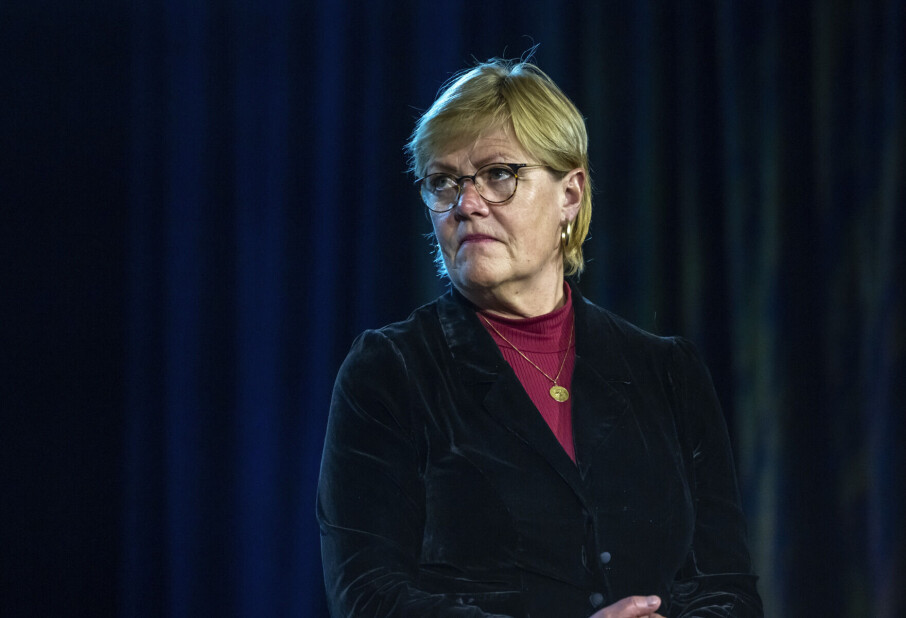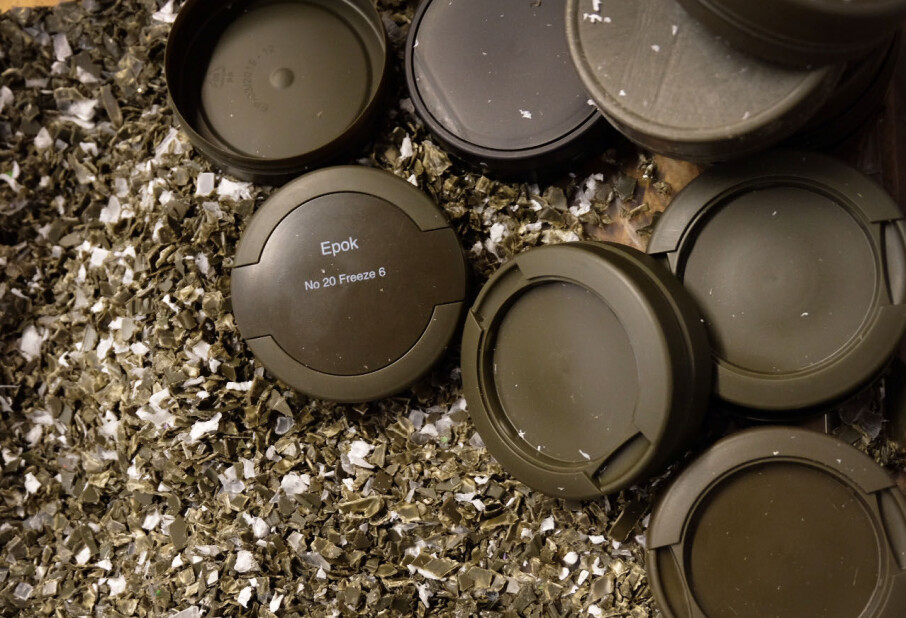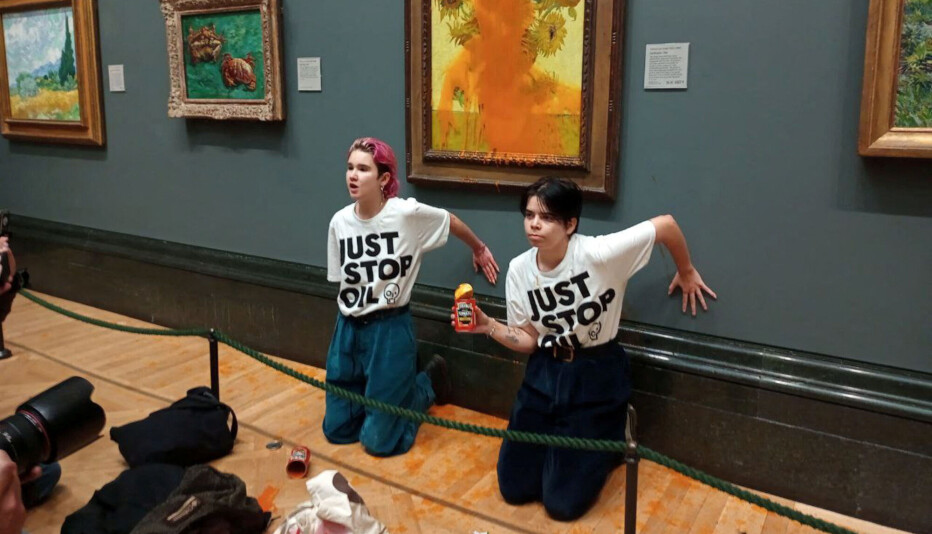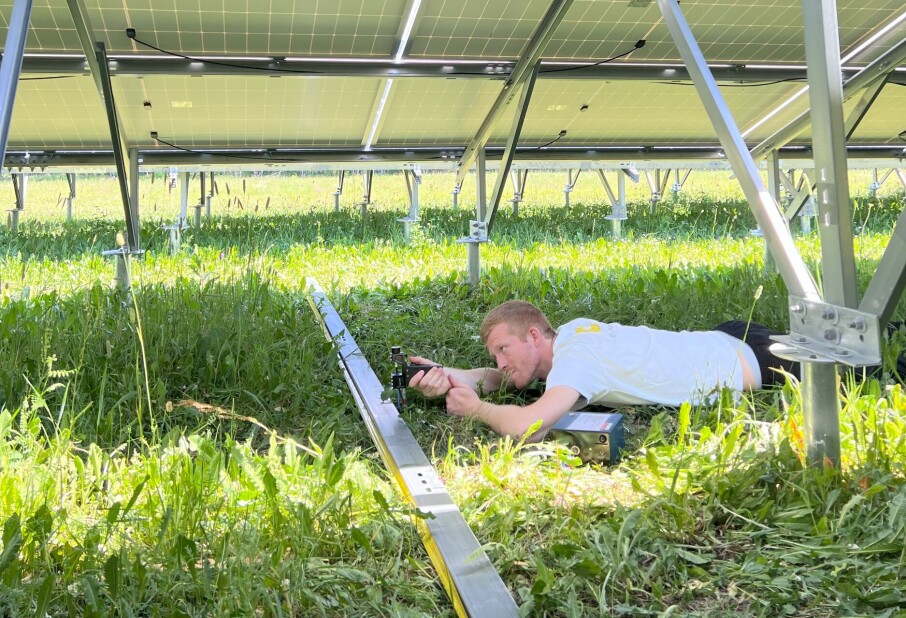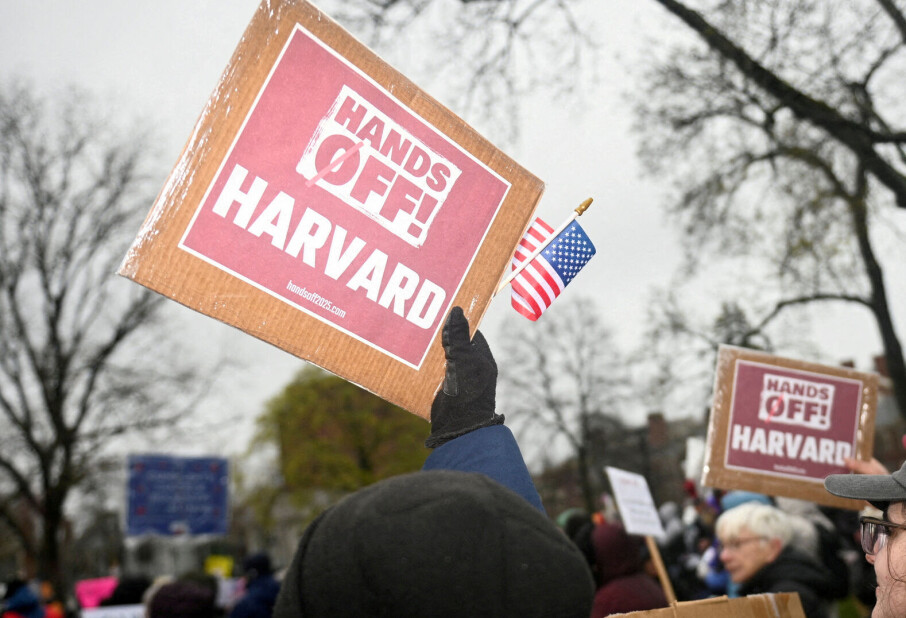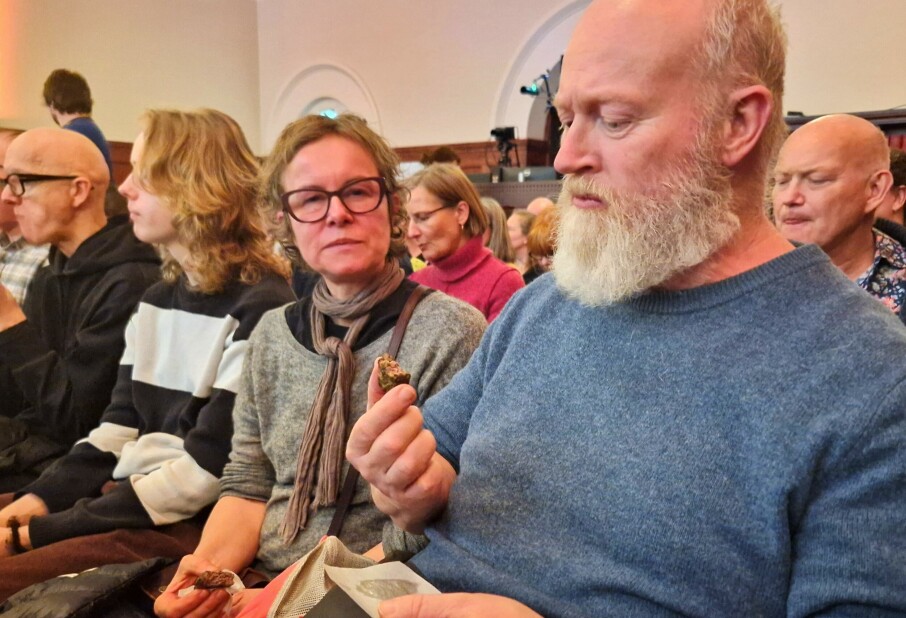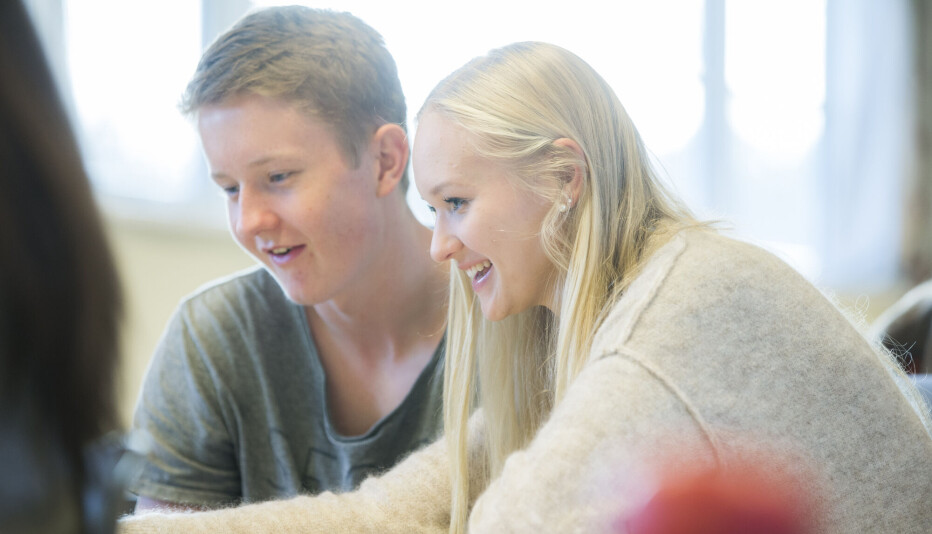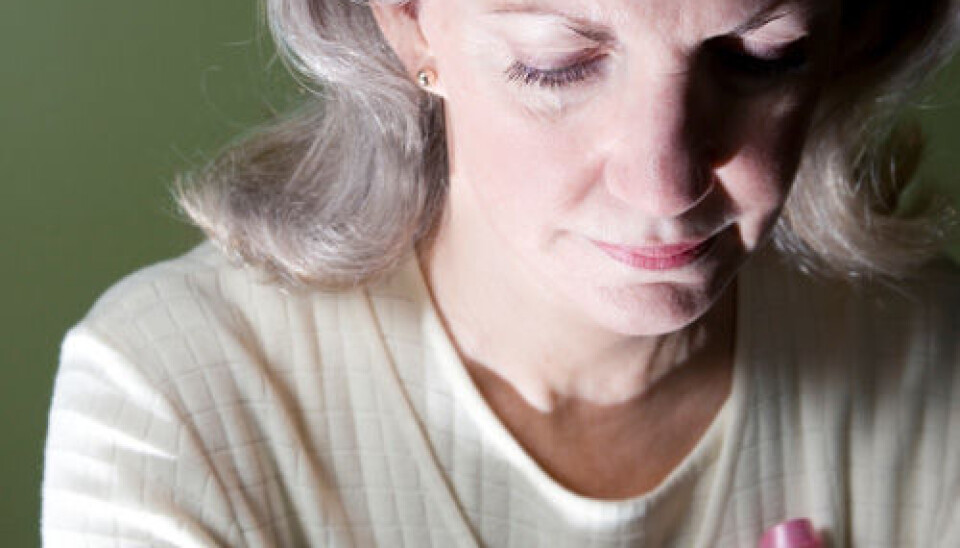
Too much openness about breast cancer can be a burden
Many breast cancer patients speak openly about their disease and thousands blog about it. But such transparency isn’t positive for everyone.
Denne artikkelen er over ti år gammel og kan inneholde utdatert informasjon.
“One woman had gritted her teeth to attend a party. There she experienced being asked by another guest: ‘Did you have to remove the entire breast?’”
The story was told to Assistant Professor Venke F. Johansen, who has interviewed 28 women who have opted to be open about their breast cancers – the treatment, the emotions and the intimate details.
“Another woman had just returned to her job when some of her colleagues asked to see her breast prosthesis, because they had never seen one before. The cancer patient didn’t want to expose it, but she also didn’t want to seem rude. So she skirted the issue with a change of subject,” says Johansen, who works at the University of Agder.
She says it would be a good idea to prepare women with breast cancer for the questions they’ll be asked and help them to set their own limits of intimacy.
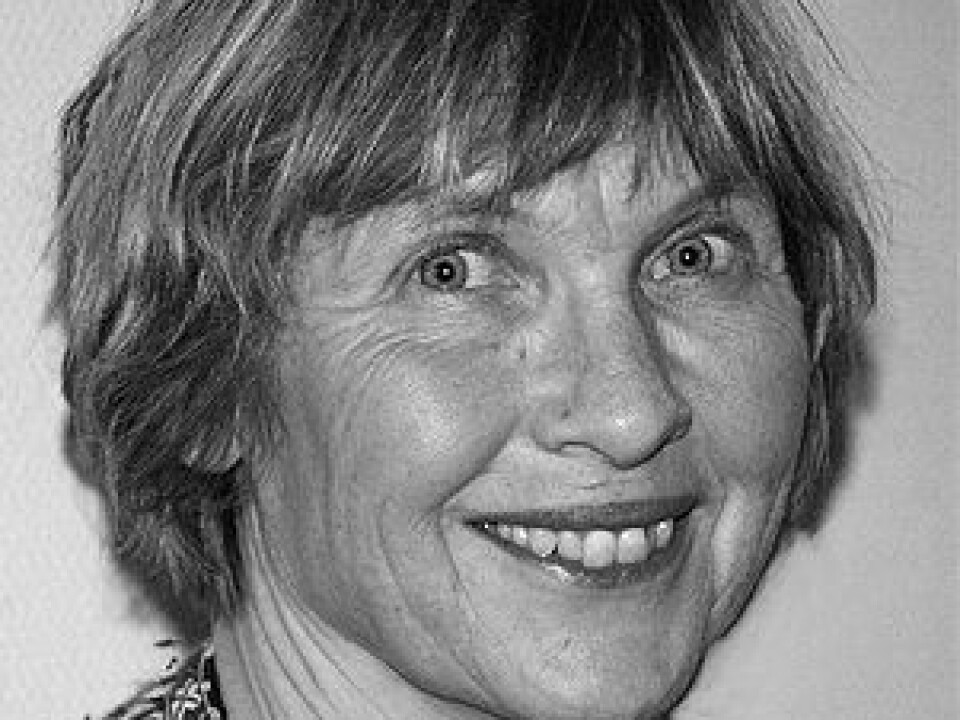
Johansen agrees that there are many good reasons for openness, such as gaining social support, spreading public awareness and ridding the disease of taboos.
"However, the question of too much openness is rarely brought up, or discussed," she says.
Campaigns for openness
The candidness that both celebrity and non-celebrity patients display in the media contributes to an increased focus on the disease. The Norwegian Cancer Society and the Norwegian Breast Cancer Society encourage such openness.
Breast cancer campaigns and demonstrations literally displaying the naked truth about the disease have utilised frankness as a tool to attract more funding and prioritisation from health authorities.
Venke F. Johansen thinks this general tendency could mislead people into assuming all women are equally motivated to be candid about their affliction.
“It’s rather taken for granted that being open is a good thing. Frankness is the leading ideology. This candidness is seen in the news, on the web and elsewhere in society,” she says.
Some of the breast cancer patients only see advantages in being open about their cancers.
“The voices we hear are the candid ones, and their message is mainly about openness. It goes without saying that we don’t hear the arguments of the patients who feel they can’t be so frank,” explains Johansen.
Not everyone wants to share their experiences
While some want to share everything with everyone, others are more reserved about divulging intimate details. Outsiders often pose their questions because they want to show empathy.
But is it really a natural thing to ask a more reserved person about intimate details, for instance whether one of her breasts has been removed?
The researcher points out that even extroverts can feel uncomfortable about discussing their cancer cases, for instance at times when they are trying to focus on other aspects of their lives.
“One of the women felt it was like compulsory confession,” she says.
Pros and cons
The main finding of Johansen's study was that talking openly about the disease and not talking about it at all are both fine as long as the women felt the choice was freely and individually theirs.
Many feel it’s natural to speak out about their breast cancer, particularly to get support from their families, friends and colleagues.
After being certified as healthy, they still have to process their experiences mentally and get themselves in shape psychologically.
Much of the rehabilitation of breast cancer patients occurs outside the public health service. To a greater or lesser degree the women will be relating to others ‒ mainly those who are closest to them, but others too.
“If you get support and understanding from your immediate circles, that’s great," she says. "But the reactions you get might also have negative impacts, for instance if they trigger thoughts on death."
One of the women said if she had known what she knows today, she wouldn’t have revealed so much about her disease. She would have limited conversations about her cancer with people and in places she felt completely safe with.
Openness triggers support
The interviews with the women revealed the pros and cons of being open about the disease and its consequences.
“It might be put as follows: there were many stories about the advantages, but the ones about the disadvantages had more of an impact.”
The greatest benefit of being open was the support these women got from their friends and family. They also gained support from outside these circles, even by strangers.
“Being open was considered positive because it meant doing something for others. Some also mentioned getting recognition for their stance, which they felt was beneficial,” says the researcher.
“One woman said she once went to a public swimming pool with her single breast and it hadn’t been easy. But a complete stranger in the changing room praised her for exhibiting such bravery.”
No cancer-free zones
One of the disadvantages women experienced was that their openness came back at them like a boomerang. They were reminded of death, and this anxiety could be quite a load to bear.
“Many felt the lack of cancer-free zones. Cancer could be the topic anywhere and anytime. They could never achieve any distance from the disease,” says Johansen.
She also found that the women experienced losing control of the information flow once they opened their mouths about their cancer.
The news of an acquaintance contracting a serious cancer spread like wildfire.
“When people hear news that have such an emotional impact they tend to pass it on. And the next person does the same,” she says.
Unknown territory
Kari Eliassen is the vice-chair of the Norwegian Breast Cancer Association. Her cancer was cured 18 years ago. She advocates openness and hasn’t encountered the problems mentioned by the women who received unsolicited responses to their breast cancer.
Nor has she met women who feel pressured into disclosing more than they want to or feel guilty about not talking about their cancer.
“But these findings are alarming and make me think that this is a situation we have to deal with,” says Eliassen.
She will pass the results of Johansen’s research on to a breast cancer conference later this week and will air the issue there.
She has never encountered inappropriate questions or responses about her breast cancer.
“I think most of us consider it an advantage to be open about it. Then the next woman who gets cancer can see that it ‘turned out okay for Kari’. We are simply trying to back each other up,” she explains.
---------------------
Read this article in Norwegian at forskning.no







